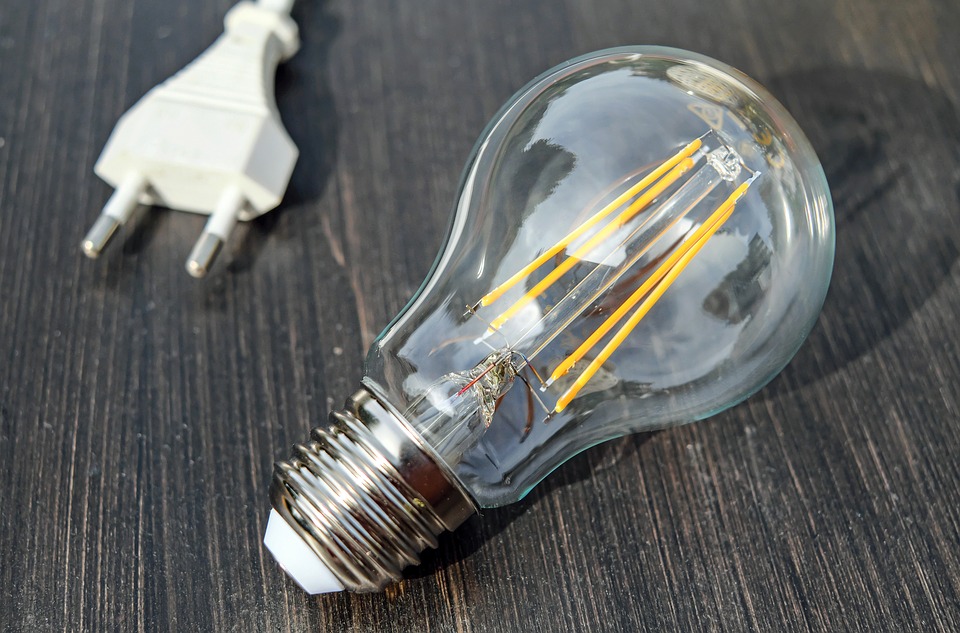
For the world to be self-sufficient, then people need to start using energy responsibly. For instance, if water were heated on demand and lights that are not in use turned off, then we wouldn’t need to produce so much power; power that we can only sustain with dependence on fossil fuels. To prepare for a sustainable future, it is crucial that we all take part in energy conservation. The best place to start is at home, and we have some ideas to share on how to go about it.
How to save energy at home
Use LED light bulbs
Filament and tungsten bulbs use a lot of electricity—typically in the range of 45W, 65W, or 100W. The same amount of light that you get from the 100W bulb can be produced by a LED bulb that consumes only 18W. This massive difference in power consumption will make sure that you save a lot and in return improve energy consumption in your home.
Switch to newer electronics
Especially for television and Refrigerators. Old models used a lot of electricity, while newer ones come with a lot of improvements, especially on power. In the past, a standard family TV consumed a whopping 120W, and right now, an enormous flat screen TV barely uses 45W. This goes for all electronics. Newer models are good for energy consumption.
Install on demand water heaters
Heating water is one of the top reasons why we use a lot of power. To make things better, it is crucial that you get an on-demand water heater. This type of heater heats the water only when it is needed. Compared to traditional heaters, which stay on for longer periods, it is crucial for every home to get an on-demand water heater.
Hung up your laundry
 Rather than tumble drying your laundry, just air-dry it. This is a very efficient way to dry your clothes and save electricity at the same time. The sun does an excellent job of drying laundry, all you need it to install some hung lines on your backyard, get a few dozens of pegs, and you are ready to go.
Rather than tumble drying your laundry, just air-dry it. This is a very efficient way to dry your clothes and save electricity at the same time. The sun does an excellent job of drying laundry, all you need it to install some hung lines on your backyard, get a few dozens of pegs, and you are ready to go.
Saving energy is a responsibility that every human being has to fulfill. By doing so, we make the world a better place—particularly for the coming generations. Every moment that you waste energy is a contribution to the world’s climate crisis.


